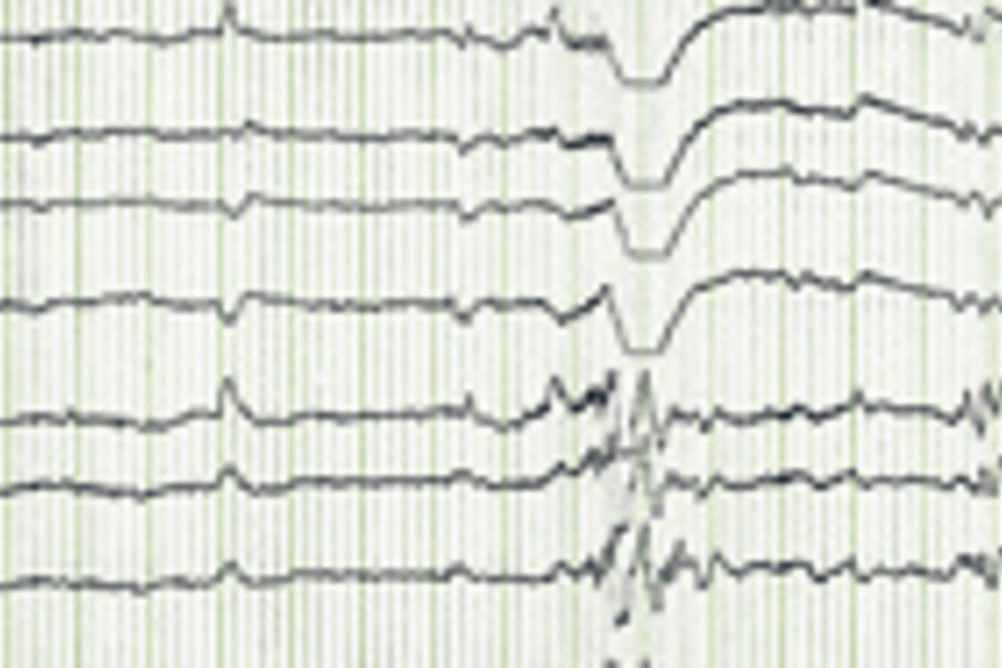
What is epilepsy?
Epilepsy is a condition that affects the brain. It involves 'disturbances' to the normal functioning of neurons (the nerve cells) in the brain which can cause seizures (or fits). Although epilepsy can start at any age, most cases will start during childhood.
Not all seizures are epileptic. For example, febrile convulsions can happen when a child is ill and has a fever or their body temperature rises quickly. A child who has a febrile convulsion does not usually have epilepsy.
What causes epilepsy?
In most cases the reason why a child develops epilepsy is unknown - this is caused idiopathic epilepsy. But some children may develop epilepsy because their brain has been injured in some way - this can happen if the child has a serious head injury, or may be because of an illness such as meningitis. Epilepsy may also be associated with metabolic or genetic disorders. When there is a known cause for a child's epilepsy, it is called symptomatic epilepsy.
Register now to continue reading
Thank you for visiting Nursery World and making use of our archive of more than 35,000 expert features, subject guides, case studies and policy updates. Why not register today and enjoy the following great benefits:
What's included
-
Free access to 4 subscriber-only articles per month
-
Unlimited access to news and opinion
-
Email newsletter providing activity ideas, best practice and breaking news
Already have an account? Sign in here
